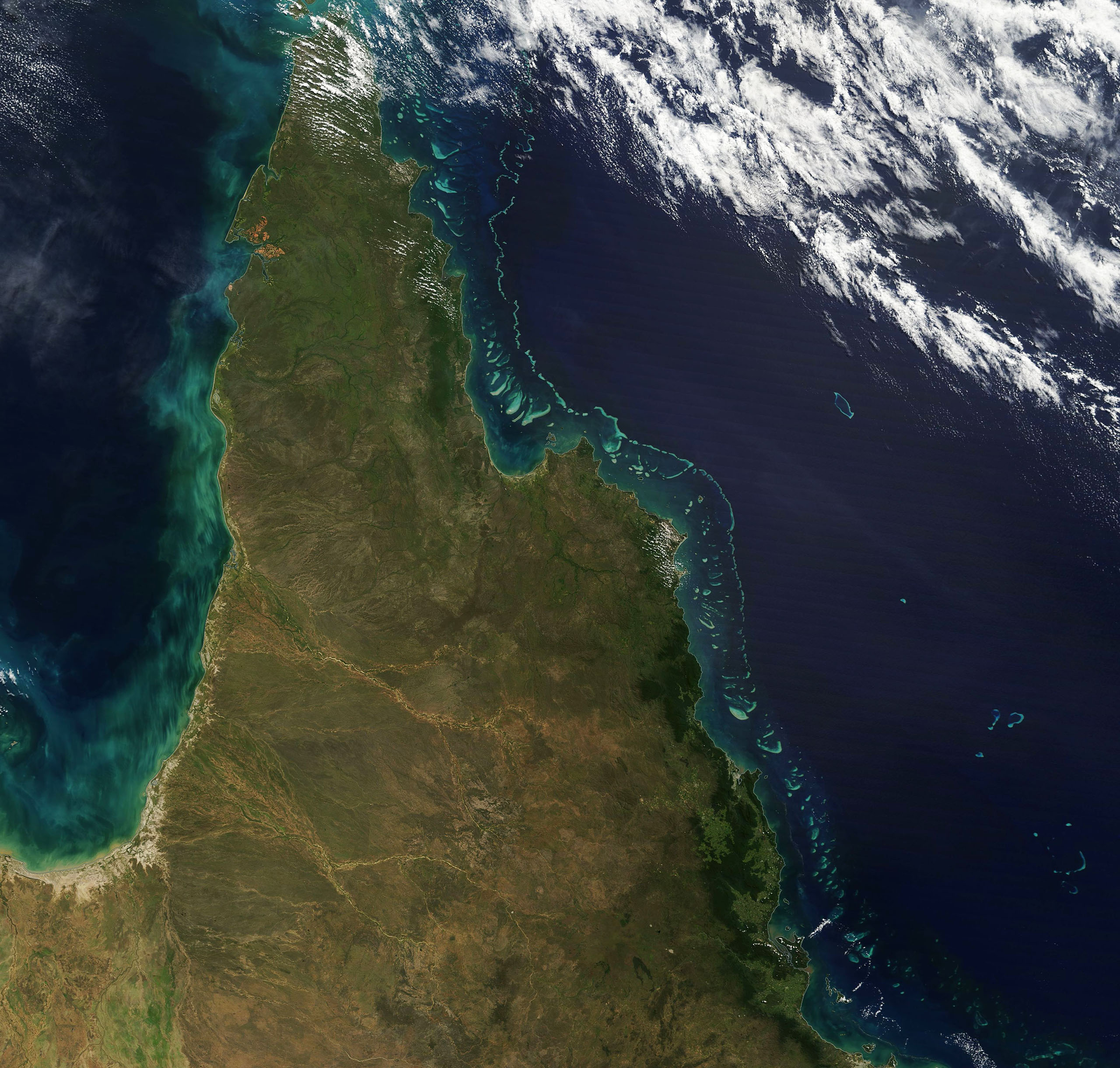Spaceport operator and launch technology infrastructure company, Equatorial Launch Australia (ELA) has today announced the signing of a Memorandum of Understanding (MOU) with Singaporean rocket company Equatorial Space Systems (ESS) for a series of launches of the Dorado family of suborbital rockets at the Arnhem Space Centre, planned for late 2024.
ESS has plans for an expansive family of rockets up to and including orbital rockets and this MOU paves the way for a comprehensive Spaceport Services Agreement which could see ESS possibly become a resident launcher at the spaceport in the future, conducting orbital launches for satellite clients with their Volans rocket featuring up to 500kg payload capacity. All future launches are subject to the necessary regulatory approvals being met by both the Arnhem Space Centre and Equatorial Space Systems. The Dorado launches are planned from the end of this year and will carry science experiments and technology demonstrator payloads.
Initially ESS will leverage the spaceport’s existing infrastructure – the same launch pad used by NASA in 2022 when ELA conducted three successful suborbital launches with the US space organisation – the first successful commercial launches for Australia and the first commercial launches for NASA outside of the US.
“I’m pleased to announce the MOU with ESS today. ESS is a rapidly emerging Singaporean rocket company with impressive launch vehicle solutions, and we are looking forward to working with them on their technology demonstrator missions and to service their payload customers,” said Michael Jones, Executive Chairman and Group CEO of ELA. “Our companies have more than just our names in common, we have a common vision for pushing the boundaries of space technology and space infrastructure.”
Simon Gwozdz, CEO of Equatorial Space Systems said “ELA and ESS are bonded not just by the similarity in our companies’ names, but also by the common vision for more sustainable, democratized and flexible space access for the global space economy. Together, we are poised for a period of exponential growth as we prepare to launch our upcoming rockets from East Arnhem Land.”
“For all the reasons why the Arnhem Space Centre is growing in popularity and commercial interests globally, we are a really good fit for ESS. We have a cost-effective solution for both small and larger rockets, we have facilities for assembly, integration and test of both engines, sub-systems and the entire rocket. The other obvious advantage is our remoteness. This makes recovery and operations for sub-orbital launch and testing easier and when offset by the access to the area via a jet serviced airport and a deep-water port our customers are all seeing the key attributes that set us apart from other space ports,” said Mr Jones
The Arnhem Space Centre is rapidly emerging as both a global and Asian launch site of choice. The MOU with ESS follows the announcement in August 2023 of a multi-year, multi-launch deal with Korean rocket company Innospace for 12 orbital launches due to commence in 2025. In addition, another four Asian rocket companies have indicated their interest in launches from the site and have made visits to the ASC to inspect the spaceport.
‘I’m thrilled to see this level of interest from Asian-based launchers,’ said Mr Jones. ‘It makes sense due the flexibility of orbits and launch directions from our site plus the ease of access to the Arnhem Space Centre which simplifies logistics for our customers from this region, and of course other aspects like similar time zones and favourable weather conditions are also conducive to a seamless launch campaign.’
“As well as Asia, we’ve had strong interest from Europe and the US too, and we are in continual discussions with launchers and their payload customers in those locations,” said Mr Jones. “Australia’s geopolitical stability, mature economy, supportive regulatory environment as well as our remoteness and access to multiple orbit options are attractive to the global space industry and our ability to relieve the launch congestion being experienced overseas also puts us in a great position to service growing demand.’
The company recently released completed Spaceport of the Future designs for its Space Launch Complexes comprised of a state-of-the-art Horizontal Integration Facility building and ‘game changer’ ASCALP launch pad designs – the latter of which utilises innovative launch pad technology allowing any NewSpace rocket to be quickly and seamlessly mated with the pivot base of an ASCALP launch pad through the use of a proprietary interface plate element. The technology will help meet rapid-response launch needs of the future.
About ESS
Equatorial Space is a Techstars-backed, Singapore-headquartered rocket propulsion and launcher company started in 2017.
With its proprietary propulsion technologies, Equatorial Space builds game-changing, eco-friendly, low-cost and explosives-free rockets to foster the future of space exploration.
In 2020, Equatorial Space became the first company in Southeast Asia to test launch a commercially developed rocket prototype, testing it’s core technologies. It will begin orbital launch services in 2026.
To learn more, visit www.equatorialspace.com





